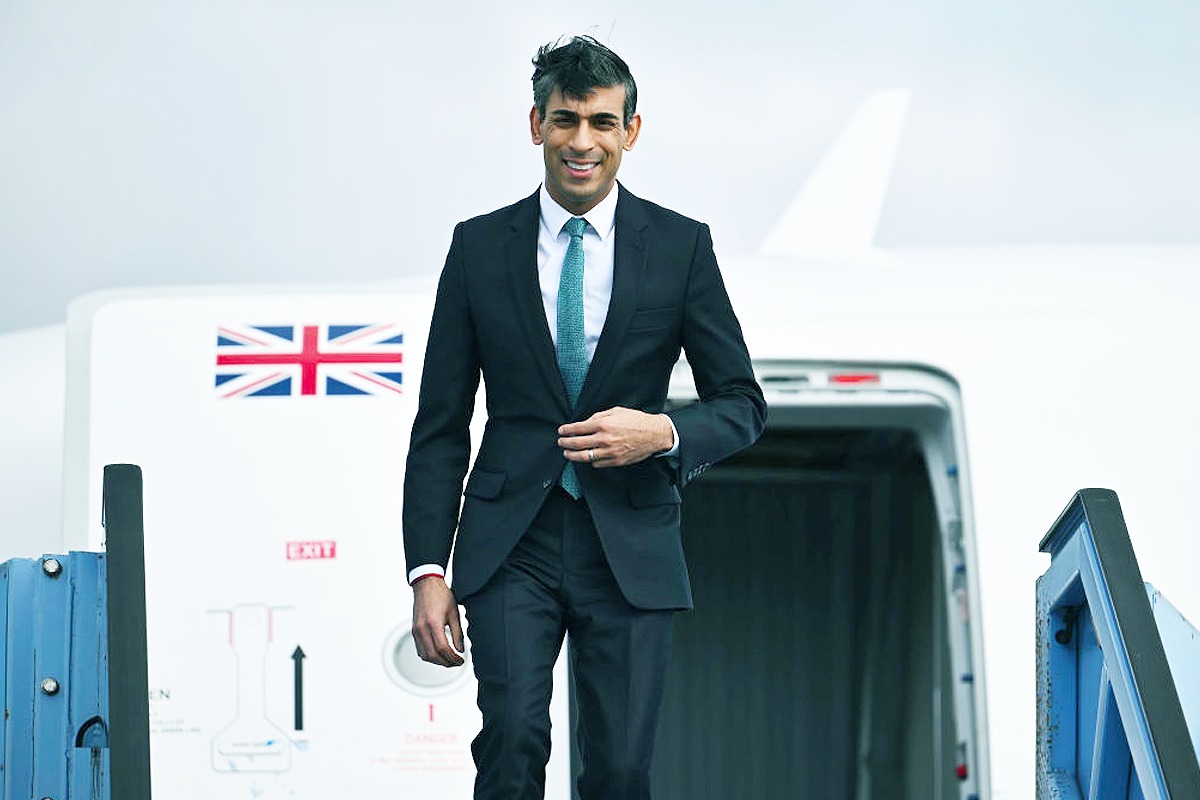


NEW DELHI: As world leaders conclude their discussions in Dubai on December 12, at COP28, the carbon-intensive journey to this global climate summit raises critical questions about the environmental impact of their travel choices. The conspicuous use of private jets, emblematic of a growing trend, demands a reconsideration of the means by which our leaders arrived at crucial discussions on climate change.
At COP27 in Egypt, the incongruity of over 300 private jet journeys against the backdrop of a climate summit was stark. A subsequent analysis of the carbon footprint of such travel has revealed an alarming truth – private jet travel has become not only an option for essential world leaders like Rishi Sunak, David Cameron, and King Charles, but a norm that threatens the very essence of climate conferences.
Flying itself is a known contributor to carbon emissions, with jet fuel combustion and vapour trails creating a substantial environmental footprint. However, private jet travel, characterised by excessive fuel consumption and minimal passenger capacity, emerges as the most polluting mode of transport. Renowned economist Thomas Piketty even posits private jets as symbols of class inequality, underscoring the urgency to address this issue in the context of climate change.
The carbon footprint comparison across different modes of transport accentuates the gravity of the situation. For a journey from London to Dubai, private jet travel is revealed to be 11 times more polluting than commercial flights, 35 times more than train travel, and a staggering 52 times more than coach travel. These statistics underscore the imperative to scrutinise not only the mode of transport but also the location of the COP meetings.
Dubai, as the host for COP28, presents a complex scenario. Surrounded by conflict zones, the lack of accessible land routes from Europe, Asia, and Africa necessitates air travel. While Dubai stands as a major airline hub with numerous direct flights, the UN body responsible for selecting COP locations, the UNFCCC, must consider the carbon footprint implications of their choices.

The onus lies on policymakers to identify host locations that minimise the carbon footprint of participants. The accessibility of alternative, sustainable travel options, such as safe land routes and direct flights, must be factored into the decision-making process. When navigating the balance between hosting a global summit and minimising environmental impact, the importance of these considerations cannot be overstated.
The discussion extends beyond practicalities to the symbolism of our leaders’ actions. Private jets not only contribute disproportionately to carbon emissions but also exacerbate existing inequities and send a disconcerting message to the world. The disconnect between the goals of a climate conference and the actions of its attendees risks shaping public opinion and undermining the urgency of climate action.
During this year’s United Nations climate summit, certain scientists-turned-activists even altered their strategies. Instead of organising demonstrations directly at the summit in Dubai, they orchestrated protests against governments’ inadequate efforts to control greenhouse gas emissions within their own countries. This involves obstructing sections of fossil fuel operations and advocating for action from local governments.
Therefore, in rethinking the travel impacts for COP28, we advocate for a renewed commitment to sustainable practices. It is incumbent upon world leaders to lead by example, choosing modes of transport that align with the objectives of the climate conferences they attend. As we confront the climate crisis, every journey becomes a statement, and the skies are watching.